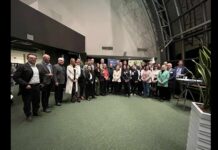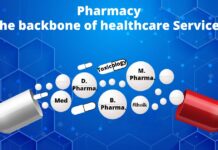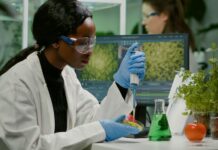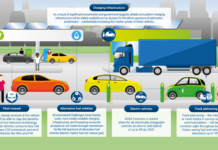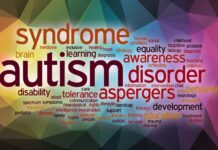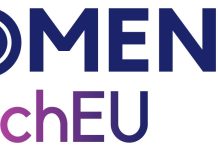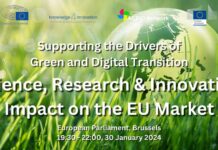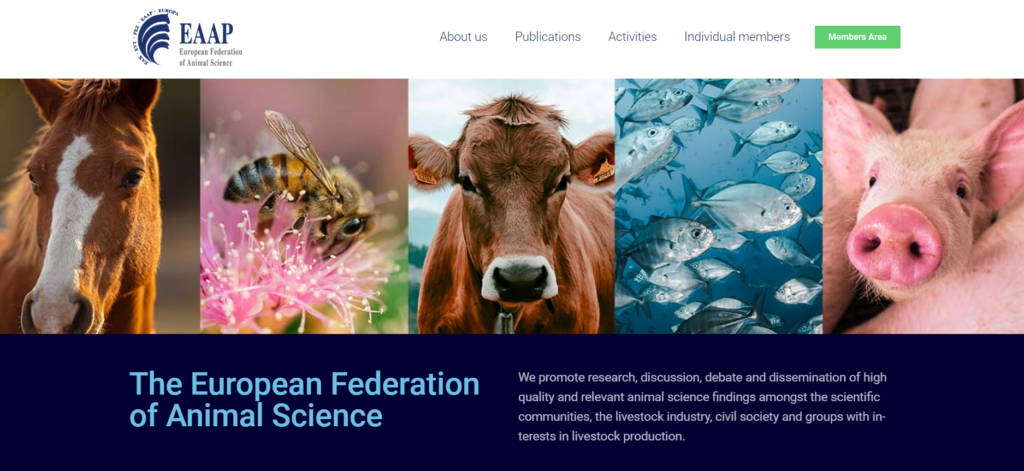The chair of this working group is Prof.Dr. Ergün Demir
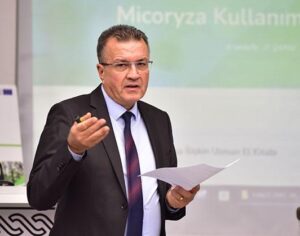 He graduated from Cukurova University, Animal Science Department in 1986 then started to PhD programme on Animal nutrition-poultry nutrition. He finished his PhD in 1994. He was rpro-rector and vice rector in Gaziaosmanpasa University. He participated in EU LdV ToI SHEEPSKILLS project coordinated by Iceland. He was management coordinator in Eu LdV ToI BEES project. He is coordinator of EU LdV ToI FISHFARM project. He is also scientific advisor of T1507-TUBİTAK KOBİ-Ar-Ge (7120527) Project supported by Turkish Scientific Research Board. He has published 2 Turkish books and wrote chapter in books published in English, Hungarian, Polish and Turkish. He has got 30 scientific articles in English and more than 60 scientific articles.
He graduated from Cukurova University, Animal Science Department in 1986 then started to PhD programme on Animal nutrition-poultry nutrition. He finished his PhD in 1994. He was rpro-rector and vice rector in Gaziaosmanpasa University. He participated in EU LdV ToI SHEEPSKILLS project coordinated by Iceland. He was management coordinator in Eu LdV ToI BEES project. He is coordinator of EU LdV ToI FISHFARM project. He is also scientific advisor of T1507-TUBİTAK KOBİ-Ar-Ge (7120527) Project supported by Turkish Scientific Research Board. He has published 2 Turkish books and wrote chapter in books published in English, Hungarian, Polish and Turkish. He has got 30 scientific articles in English and more than 60 scientific articles.
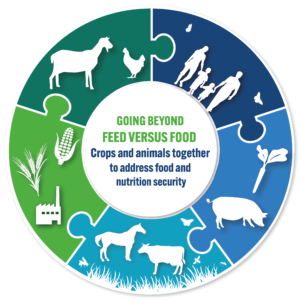
The “Plants,Animal Science-Feeds and Animal Nutrition” working group focuses on advancing knowledge and practices related to animal nutrition, feeding, and the broader field of animal science.
This group typically collaborates with experts, researchers, and stakeholders in the field to address key challenges and promote advancements in animal nutrition and husbandry. Here are the key tasks and responsibilities of the working group:
-
Research and Development: Promote and support research efforts to improve animal nutrition, feed quality, and animal health. This includes exploring innovative feed ingredients, formulations, and feeding strategies.
-
Feed Quality Assurance: Establish and uphold standards for feed quality and safety to ensure that animal feeds are nutritious, free from contaminants, and comply with regulations.
-
Nutritional Guidelines: Develop and update nutritional guidelines for various animal species, taking into account their specific dietary requirements at different life stages.
-
Feed Formulation: Provide guidance and tools for formulating balanced and cost-effective animal diets that meet nutritional needs while optimizing production outcomes.
-
Feed Ingredient Evaluation: Evaluate the suitability and efficacy of different feed ingredients, including alternative and sustainable sources of protein and energy.
-
Animal Health and Welfare: Promote nutrition practices that enhance animal health and welfare, including the prevention of nutritional disorders and the promotion of optimal growth and reproductive performance.
-
Sustainable Agriculture: Advocate for sustainable and environmentally responsible feed production and animal husbandry practices, such as reducing feed waste, minimizing resource use, and managing waste products.
-
Education and Training: Offer educational programs, workshops, and training for farmers, veterinarians, and animal nutritionists to enhance their knowledge of best practices in animal nutrition and feeding.
-
Feed Labeling and Regulations: Collaborate with regulatory agencies to develop and enforce labeling and safety standards for animal feeds and supplements.
-
Research Dissemination: Facilitate the dissemination of research findings and best practices to industry stakeholders through publications, conferences, and online resources.
-
Feed Industry Collaboration: Build partnerships with feed manufacturers, suppliers, and producers to foster innovation and continuous improvement in animal nutrition products and services.
-
Dietary Recommendations: Develop dietary recommendations for different livestock and poultry species, including ruminants, monogastric animals, and aquaculture species.
-
Data Collection and Analysis: Collect and analyze data on animal nutrition, feed consumption, and performance to inform research and industry decision-making.
-
Health and Safety Standards: Advocate for and adhere to health and safety standards in the handling, storage, and transportation of animal feeds to prevent contamination and spoilage.
-
Feed Efficiency: Promote practices that enhance feed efficiency, minimizing waste and resource use while maximizing productivity.
-
Global Collaboration: Collaborate with international organizations and research institutions to share knowledge and expertise on animal nutrition and feed-related issues.
-
Consumer Education: Educate consumers about the importance of animal nutrition in producing safe, high-quality food products and the role of responsible feed practices in sustainable agriculture.
-
Monitoring and Surveillance: Establish systems for monitoring feed quality and safety, including the detection of contaminants and adulteration.
-
Technology Adoption: Promote the adoption of technology and data-driven approaches in animal nutrition and feed management.
-
Policy Advocacy: Advocate for policies and regulations that support responsible and sustainable animal nutrition practices while ensuring the safety of animal-derived products.
Additional info for researchers and partners:
On European level highly active organization is The European Federation for Animal Science or EAAP.










